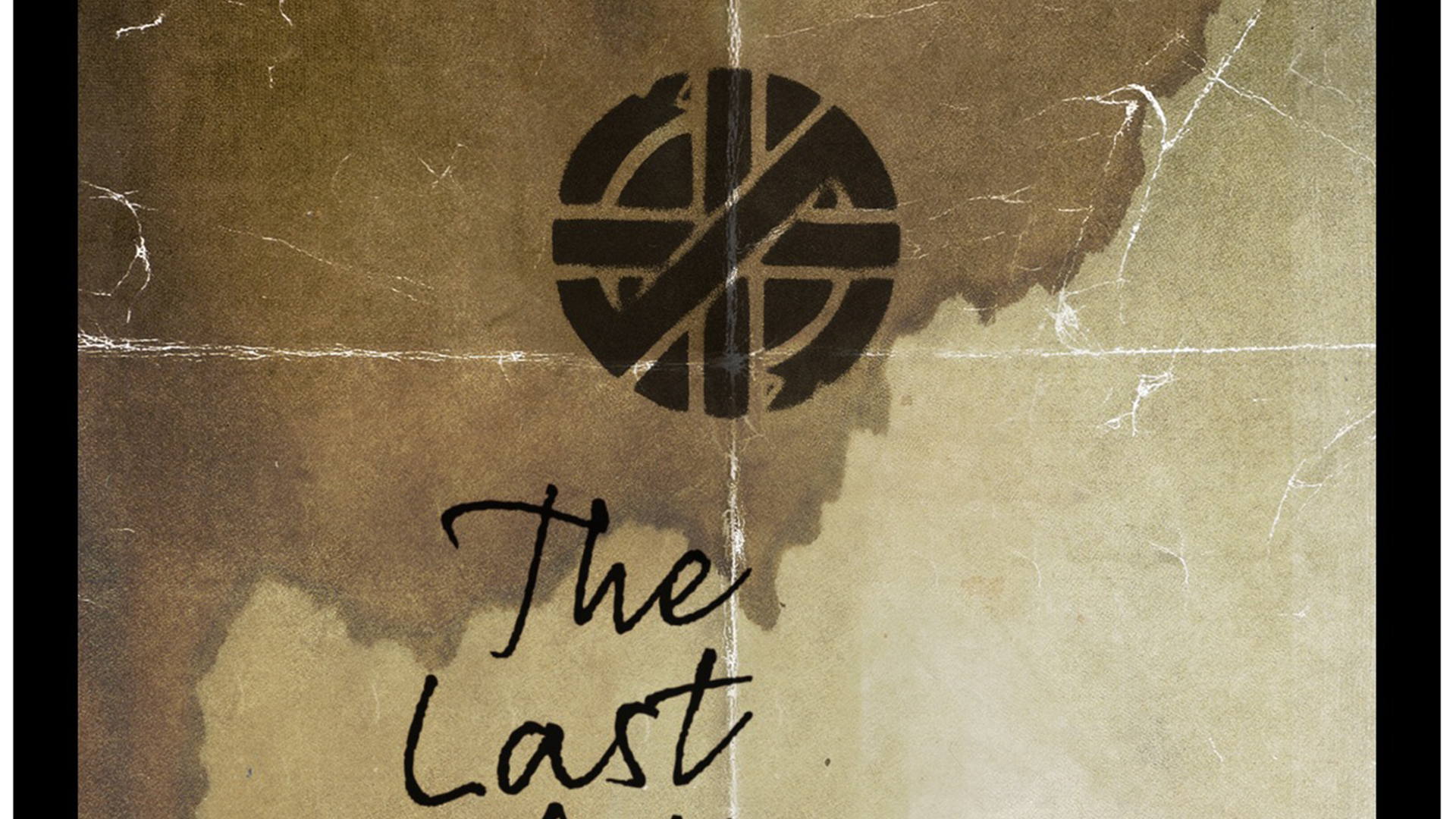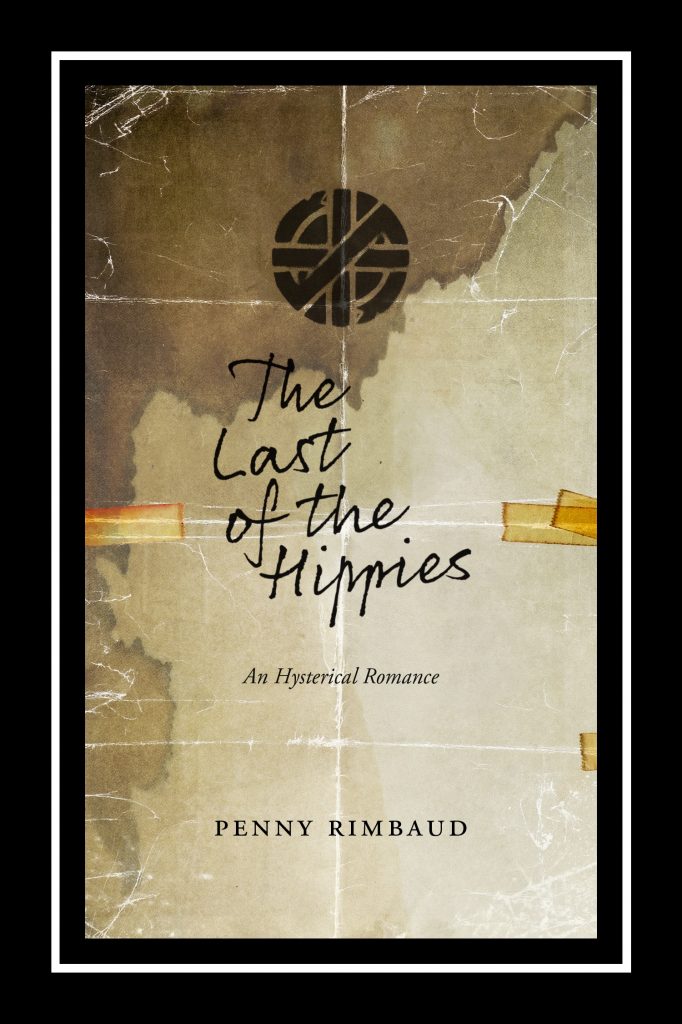Scanner Zine
March 5th, 2016
It’s many, many years since I read this. For those who don’t know, The Last Of The Hippies was a lengthy essay that was published in the insert that accompanied the CRASS album ‘Christ The Album’. It’s quite a sprawling narrative to included with an album and, while CRASS was always about ideas and the dissemination of ideas and information, it did get a bit lost within the context of the booklet that came with the album, as it was sandwiched between song lyrics (if I recall correctly at least). Here, in book form, it should certainly be easier to ‘digest’ for those who aren’t CRASS obsessed.
The main core of the essay is an analysis of Wally Hope. Hope organised the Windsor Free Festival between 1972-’74 and was among the founders of the Stonehenge Free Festival. He was also a bit of a visionary and activist, which lead his incarceration in a mental institution for the possession of a small amount of LSD. He allegedly committed suicide, but Rimbaud’s investigation discovered evidence he was murdered by the State. The narrative here only touches on the subject of Wally Hope and, if you want a more in-depth analysis of the events, it’s well worth picking up Rimbaud’s Shibboleth also.
The remainder looks at the power of Rock ‘n’ Roll as a medium of social and political change, of the ethics and ideals behind Anarchism (as viewed by Rimbaud), of the power of pacifism and peaceful protest and ultimately the then occurring Falklands War. This last issue certainly gives the narrative placement and compensates for ‘Christ The Album’s lack of songs about it. Add in religion, the banality of Oi, journalistic lies, CRASS and many more peripheral matters, and you have a convincing essay on the fundamental beliefs of what Anarcho-Punk represented.
What is hugely interesting is Rimbaud’s new introductory piece. It carries particular weight for those who already know what the core text concerns as Rimbaud mentions he is greatly embarrassed by his then-belief in the power of Rock ‘n’ Roll as a force of change. He also states that throughout his life he has swung between the pacifist stance that the original text represented (which ran in parallel to the stance of CRASS) and a more militant form of activism, which is where he currently sits. There’s definitely a sense of self-analysis and progression in this new piece.
The contrast between the two narratives makes for great reading, especially for those who think of CRASS as more than just a band and realise the power their songs could wield in a socio-political sense.
A few subtle alterations have been made to the original text; nothing that changes the actual meaning of it or acts as either contradiction or emphasis, but just some minor updates. Most notable of those is the bold, headline print of some of those iconic statements: There is no authority but our own, We have the strength but do we have the courage? etc.
If you’ve got ‘Christ The Album’ then you have the core of this; however I reckon it would be well worth your time picking this up primarily due to the new introduction and







